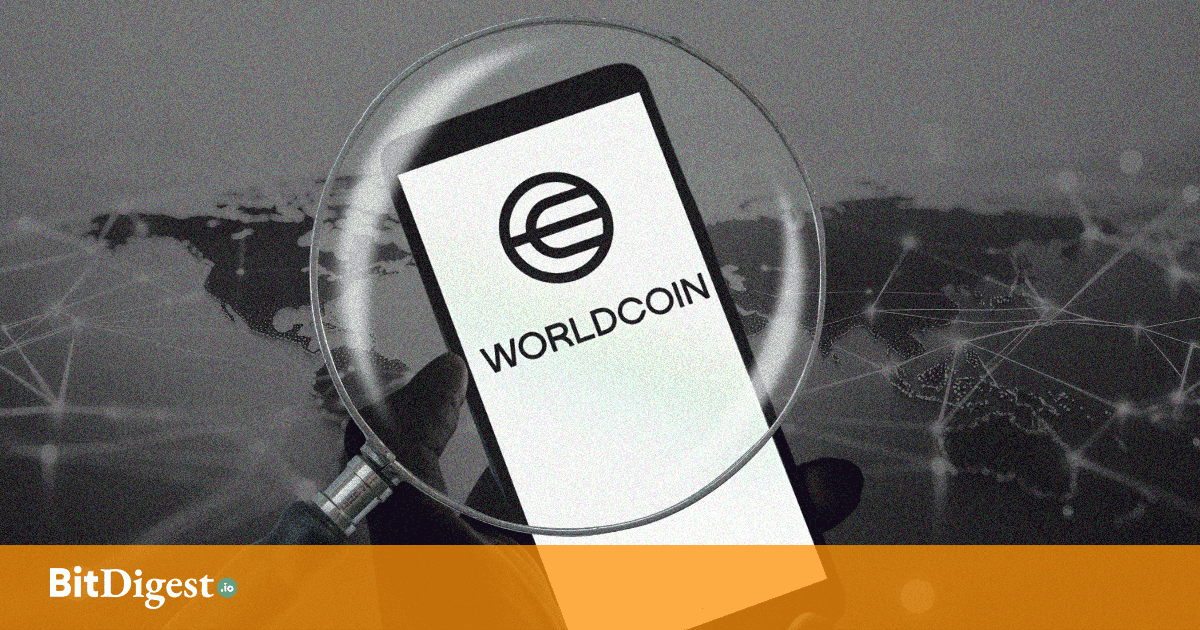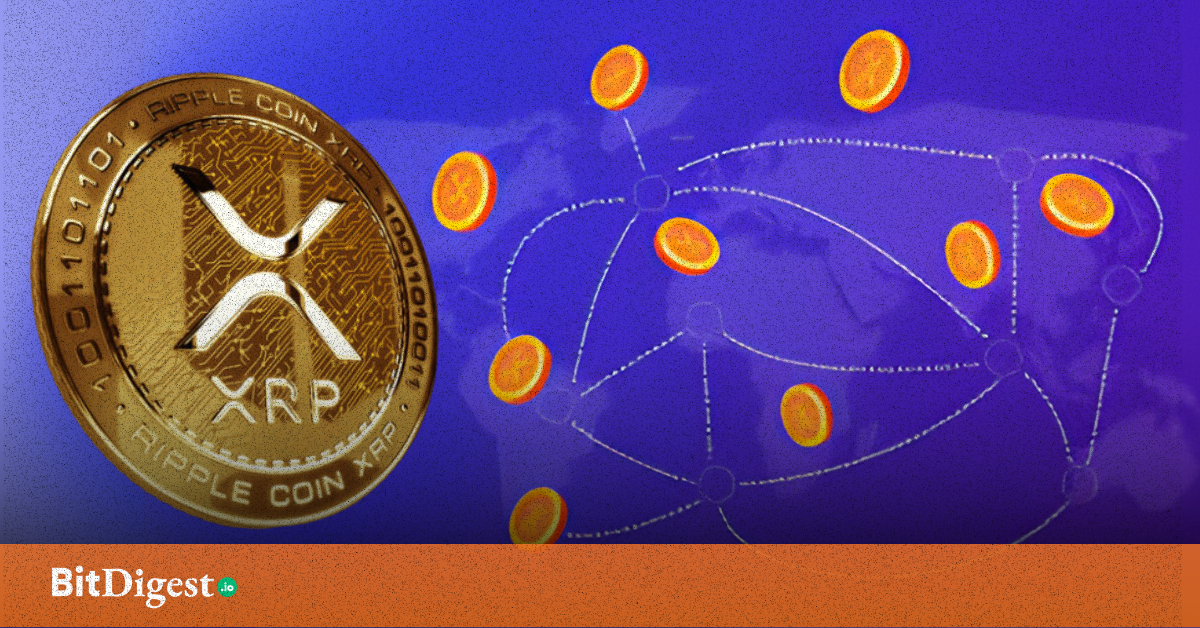Eyes on Identity: Why the Worldcoin Project Faces Growing Scrutiny Worldwide
A bold attempt to merge digital identity with financial access, the Worldcoin project has drawn increasing global scrutiny for its controversial approach: scanning people’s irises in exchange for cryptocurrency. Co-founded by OpenAI CEO Sam Altman, the initiative markets itself as a way to provide universal proof-of-personhood in an AI-driven age. But across the globe, especially in the Global South, it is now being questioned over data privacy, ethics, and the long-term implications of biometric-based systems.
A High-Tech Bargain
Worldcoin’s model is deceptively simple: a user presents their iris to an “Orb” (a proprietary biometric device), which scans and encrypts their iris data to create a unique World ID. In exchange, participants in many countries are given cryptocurrency tokens. As of mid-2025, the project claims over 5 million signups, many from developing nations.
But for critics, this is precisely the problem. The appeal of immediate financial incentives in underbanked communities has raised questions about the voluntariness and informed nature of consent. In the Philippines, the National Privacy Commission has launched an investigation following concerns about how the data was collected and stored.
Global South as Testing Ground?
A recurring critique against Worldcoin is its disproportionate rollout in emerging economies. From Kenya to India to the Philippines, biometric sign-ups have surged, while deployment in countries with stronger data protection laws has remained cautious.
This pattern has raised accusations of “data colonialism” — exploiting weaker regulatory environments to gather sensitive biometric data. The Human Rights Foundation and other civil liberties groups have flagged this asymmetry as a major ethical concern, calling for stronger oversight before the technology is normalized.
Despite assurances from Worldcoin that iris data is anonymized and not stored in its original form, experts argue that biometric data carries unique risks. Unlike passwords, biometrics cannot be changed. If compromised, the consequences are lifelong.
In addition, because the World ID can serve as a key to financial services, it creates a new point of dependency. Critics argue that this may concentrate power in the hands of a private entity with unclear accountability structures.
Governments Respond
The backlash hasn’t gone unnoticed. Regulators in France, Germany, Kenya, and now the Philippines are either probing or halting the project within their borders. In Kenya, Worldcoin operations were suspended in 2023 after reports surfaced of mass signups without clear consent processes. In the Philippines, the investigation is ongoing.
These moves reveal a broader issue: while the technology is global, regulatory mechanisms are still nationally bound. This jurisdictional gap creates uncertainty about which frameworks can or should apply.
Beyond the Orb: Bigger Questions About Identity
The Worldcoin debate forces a deeper reckoning with the future of identity in a digitized, AI-heavy world. Who gets to define personhood? Should access to economic systems be tied to biometrics? Is there a way to verify humanness without sacrificing anonymity?
Technologists have floated alternatives, such as zero-knowledge proofs and decentralized ID protocols. But these remain complex and largely untested at scale. As Worldcoin continues its rollout, the world watches with both fascination and fear. The promise of universal digital identity remains compelling. But the path to it, as critics warn, must not trample over rights in the name of innovation.
In the meantime, regulators, civil societies, and the public face a pressing task: to ensure that in solving the problem of trust in the digital age, we don’t compromise the very trust we aim to build.
.svg)


.svg) SHARE TO FACEBOOK
SHARE TO FACEBOOK SHARE TO TWITTER/X
SHARE TO TWITTER/X SHARE TO LINKEDIN
SHARE TO LINKEDIN SEND TO MAIL
SEND TO MAIL




.svg)


.svg)